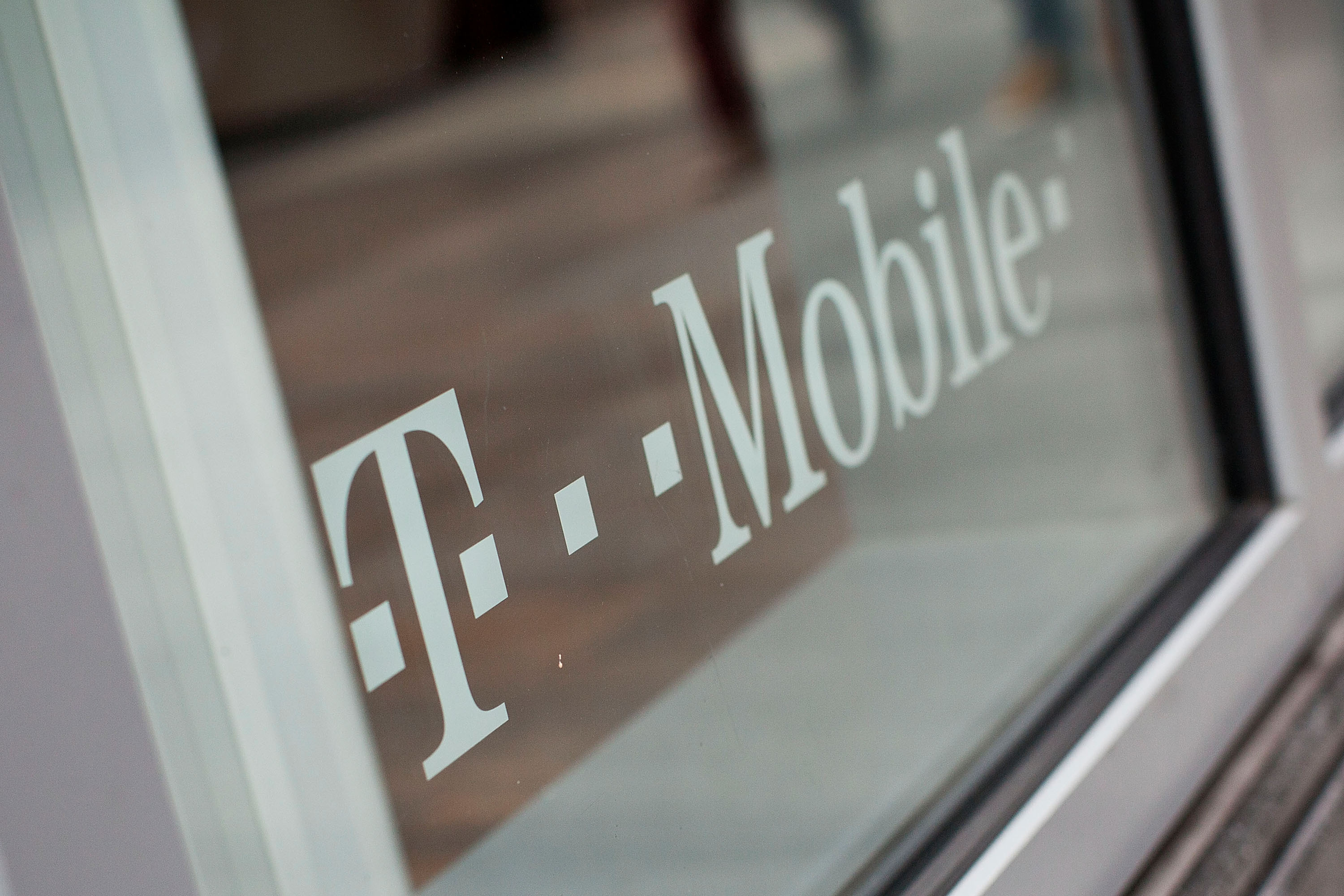Telecom giant T-Mobile received a sharp reminder on Monday from federal regulators: Its system still needs some work, and it can’t just pretend otherwise.
The wake-up call came in the form of a $40 million settlement to address the Federal Communications Commission’s claims the company used false ringtones to disguise issues of faulty calls. The use of phony ringtones, which “cause callers to believe that the phone is ringing at the called party’s premises when it is not” per the FCC, was banned back in 2014, even though Reuters notes that T-Mobile had used the system since as far back as 2007.
The settlement isn’t much of a win over corporate malfeasance: T-Mobile is currently riding high on a $2.2 billion quarterly profit increase thanks to recent changes in American tax law. And despite spending nearly $8 billion last year to put its wireless network on par with competitors, it’s clearly far more profitable to just let networks languish than actually build them up.
“Continued vigilance,” NTCA-The Rural Broadband Association chief Shirley Bloomfield told Reuters after the FCC announcement, “clearly remain essential to ensure that rural call failure will not compromise the integrity of our nation’s networks.”
But the settlement is also a reminder of the dismal digital divide that persists between rural and non-rural communities across America. Of the 11 percent of Americans who currently do not use the Internet, nearly a quarter (22 percent) are rural, according to March of 2018 from the Pew Research Center; another fifth (19 percent) have an annual income below $30,000, a significant barrier to access.
For a global economy where the Internet penetration remains a major growth determinant, inconsistent wireless and broadband capabilities aren’t just disgraceful—they’re politically inexcusable. As Rick Paulus wrote for Pacific Standard, Internet infrastructure in the United States has always been an unfree market since companies dropped billions to lay down broadband networks after the Telecommunications Act of 1996. It’s private monopolies all the way down: American Consumer Satisfaction Index data indicates that, out of all the industries, Americans hate Internet service providers the most, and they have few courses for change.

(Photo: Andrew Burton/Getty Images)
Then again, it’s not as though a state intervention would improve the problem. Consider the multi-million dollar New York State Broadband Project, which was set to deliver high-speed Internet to four New York State counties in the service of long-term economic development. That satellite Internet push, based on $15.5 million in state funding awarded to Hughes Network Services to actually do the infrastructure work, has run into unexpected delays, according to GovTech—and even when completed, Hughes has promised reduced cost for access rather than improved service, issues that data caps and other problems could exacerbate.
Indeed, the Internet as a public utility isn’t about cost, but quality. FCC Chairman Ajit Pai captured the issue nicely in his response to the T-Mobile settlement: It is “a basic tenet of the nation’s phone system that calls be completed to the called party, without a reduction in the call quality—even when the calls pass through intermediate providers.”
In an ideal world, state and federal government officials would absolutely treat the Internet as a public utility, an essential resource for not just modern business, but modern homes; as Paulus put it, connectivity “has gone from optional to obligatory.” The T-Mobile settlement is a stark reminder that waiting for private industry to make the investment is a losing proposition.





